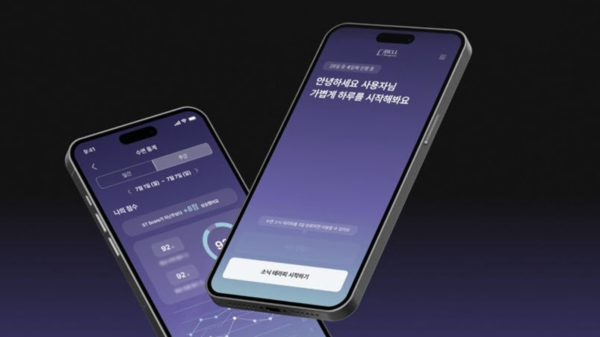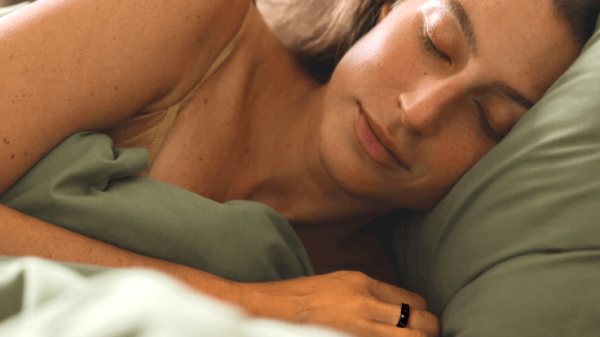A new sleep and memory study performed by researchers at the University of York and published in PsyArXiv has uncovered that selective playing of certain sounds to people while they sleep can be used to assist them with forgetting specific memories.
This adds onto previous research which found that playing sounds during sleep could be used to boost specific memories. This discovery could potentially be developed into techniques and practices that could help weaken the traumatic hold of intrusive memories, according to the authors of the study.
“Although still highly experimental at this stage, the results of our study raise the possibility that we can both increase and decrease the ability to recall specific memories by playing sound cues when an individual is asleep,” said Doctor Bardur Joensen, one of the authors of the study. “People who have experienced trauma can suffer a wide range of distressing symptoms due to their memories of those events. Though still a long way off, our discovery could potentially pave the way to new techniques for weakening those memories that could be used alongside existing therapies.”
Read more: Screen time before bed doesn’t necessarily mean poor sleep: study
Read more: Sleep tech market to be ‘dominated’ by North American companies: DelveInsight report
Sleep and memory consolidation
The study included twenty-nine individuals who were taught word associations between word pairings. An example of the word pairs included “hammer” and “office” and “hammer” and “Cardi B.” They then slept in the sleep lab at the University of York while doctors introduced the object in the word pairing after they entered deep or slow-wave sleep.
Previous research indicated that a connected pairing of a word and an associated sound during sleep could improve participants’ memories for the word pair during their waking hours. The overlapping word pair caused an increase in memory for one pair, but a decrease in another. The effect suggests selective forgetting by playing associated sounds during sleep.
“The relationship between sleep and memory is fascinating. We know that sleep is critical for memory processing, and our memories are typically better following a period of sleep. The exact mechanisms at play remain unclear, but during sleep it seems that important connections are strengthened and unimportant ones are discarded.” said Doctor Aidan Horner, senior author of the study.
The next steps for the research team includes establishing how the cues cause forgetting. This way they can figure out how to control them. Also, how the technique could weaken the hold of painful memories.














